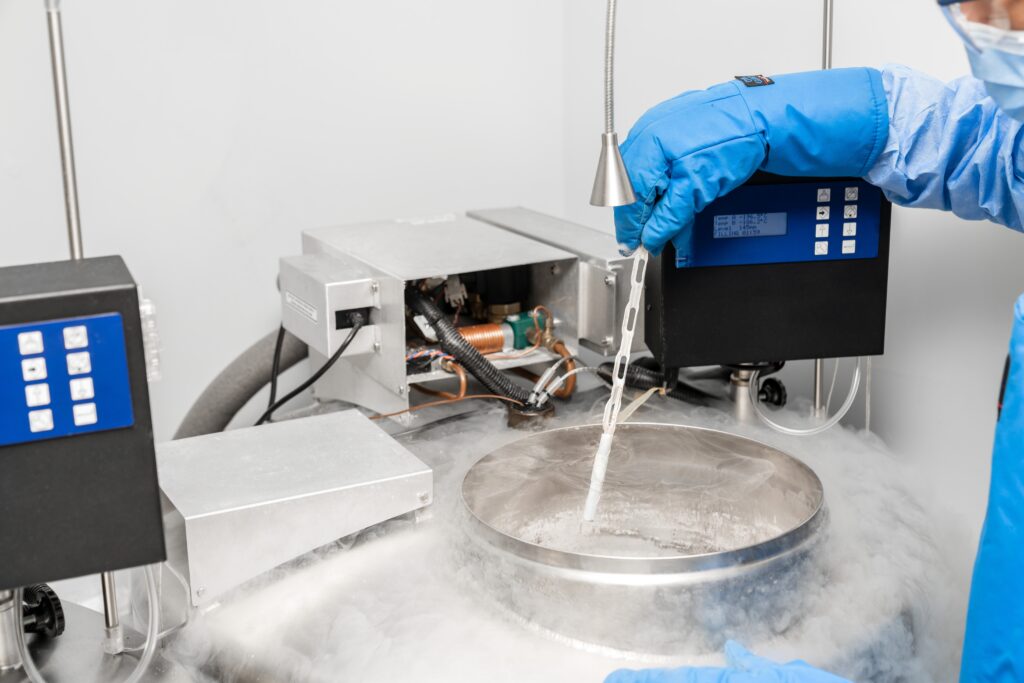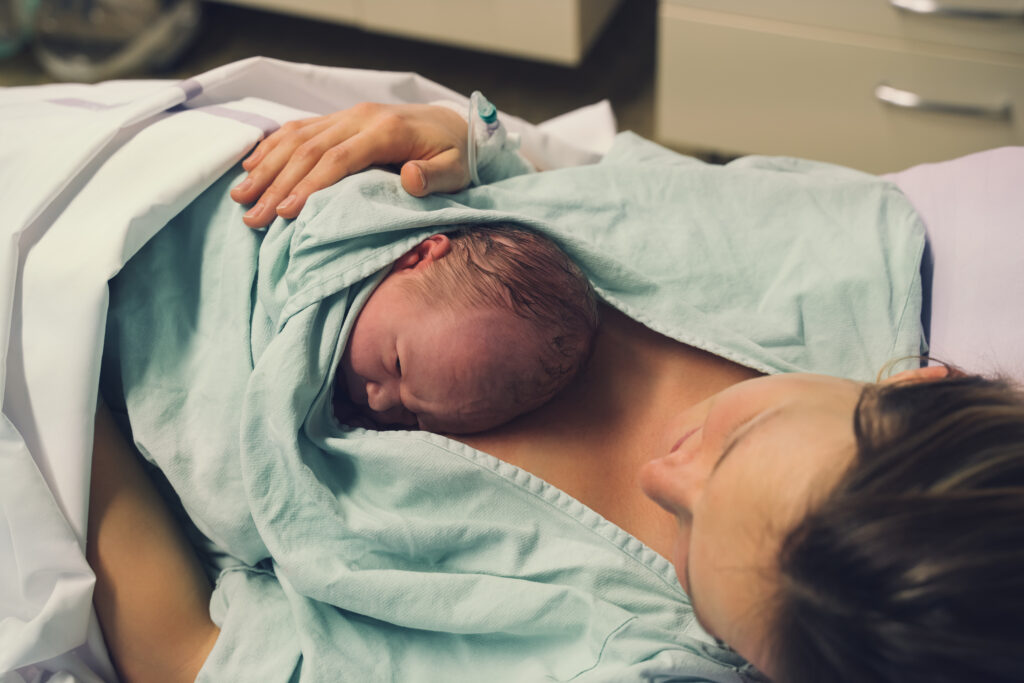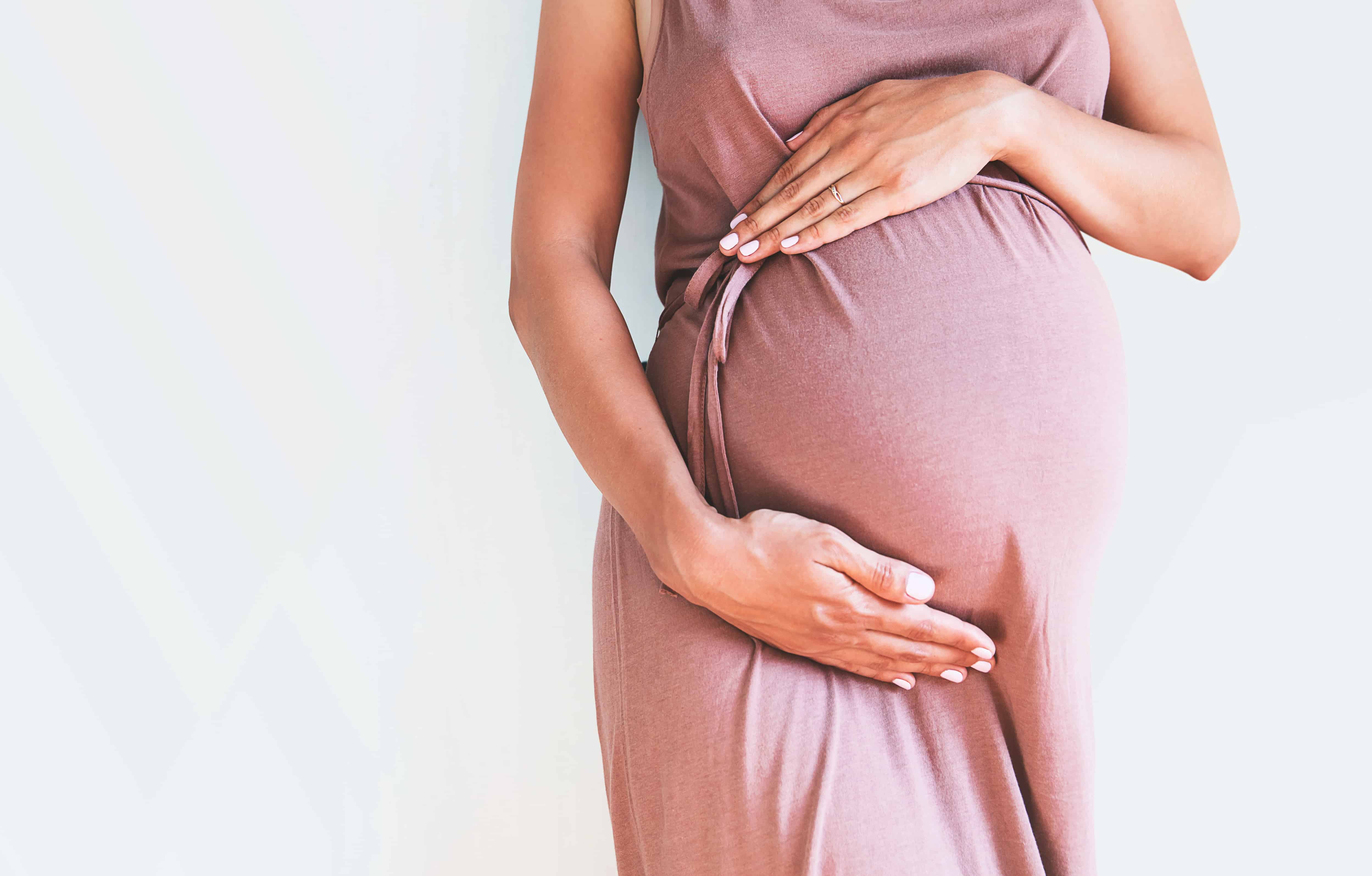As fertility treatments become more readily available, it is becoming increasingly typical for women to wait until their late 30s or later to start a family. Still, having a child naturally when you are in your 50s or older is a very impressive feat. In fact, one such incident of a woman becoming pregnant late in life is that of a woman named Xinju Tian, who was reportedly 67 years old when she gave birth in 2019. Is she the oldest woman to give birth? This article aims to answer this question! We will also discuss the risks and rewards of later-in-life pregnancies and unveil the oldest women to give birth via medical intervention such as IVF. Let’s go!
67-Year-Old Woman Gives Birth Naturally in 2019
Xinju Tian, who was 67 years old when she gave birth in 2023, set a new record for the oldest woman to give birth naturally. In late October 2019, it was reported that 67-year-old Xinju Tian had given birth to a healthy baby girl, making international headlines. Contrary to popular belief, Tian and her 68-year-old partner Weiping Huang claims to have conceived naturally.
Tian, who was already very old when she became pregnant, had to have a C-section. The two children Tian already has were born before China’s one-child policy was enacted in 1977. No word yet on whether or not Tian and Huang’s decision to have more than two children has resulted in any sort of repercussions for the couple. Tianci, which means “gift from heaven,” was chosen by Xinju Tian and Weiping Huang for their child.
Oldest Women to Conceive via IVF (In Vitro Fertilization)

A Liquid Nitrogen Bank Containing Sperm and Eggs Samples – ivf – in vitro fertilization, egg freezing
©MedicalWorks/Shutterstock.com
There have been cases of women older than their expected gestational age achieving pregnancy with assisted reproductive technologies like IVF. USA Today reports that a 74-year-old woman from southern India who used in vitro fertilization to conceive twin girls is the oldest woman to ever give birth. Eggs from the mother or a donor are used in IVF, and the sperm are fertilized in a laboratory. After that, an embryo is placed inside a woman’s uterus.
The Purpose of IVF
The Advanced Fertility Clinic of Chicago reports that a woman’s egg quantity and quality decline dramatically between the ages of 35 and 44, while it says that some women older than 44 may still be fertile. At the average age of 51, when a woman typically reaches menopause, she loses her ability to conceive naturally. IVF can aid in these situations.
Medical Considerations for Pregnancies in Older Women
Mothers who are older than 35 have a higher risk of experiencing difficulties during pregnancy. There is an increased risk of complications during pregnancy and delivery for women over the age of 50, including:
- Cesarean Section
- Extremely Low Birth Weight
- Fetal Mortality
- Gestational Diabetes
- Hypertension
- Miscarriage
- Placenta Previa
- Preeclampsia
- Premature Birth
- Small Size For Gestational Age
Benefits of Having Children Later in Life

Having a child later in life has become more common in recent years.
©Natalia Deriabina/Shutterstock.com
Some people believe that delaying having children until after you’ve established your family’s foundation is a good idea. You could want to take some time off to see the world, build your job, or settle into who you are as an individual before starting a family. All of these factors contribute to a delay in having a child for the first time. On the other hand, you can meet the love of your life later in life and decide to start a family. It’s also very reasonable to change your mind about having children after initially deciding you don’t want any.
It may be easier to provide for a family when you’re in your 40s or 50s because of the increased likelihood that you’ll have achieved financial stability. As a bonus, you’ll have seen and done more in the world. (But don’t assume that this means you’ll know everything there is to know about parenting; we haven’t met anyone who does!)
Many families find it appealing to have a sizable age difference between their children. If there is a wide age range in the group, the older kids can help out with the baby more. And if you’ve already got kids and fall pregnant in your 40s or 50s, you’ll get to experience all the joys of parenthood again, perhaps with a lot less stress this time!
Controversies Surrounding Later-in-Life Pregnancies
Pregnancies in older women are controversial due to the complications. Some argue against parenting late in life due to health hazards or concerns that an older woman may not be able to properly care for a kid as she ages. Others believe that having a child is a fundamental right and that commitment to a child’s well-being is what is important.
Several reproductive clinics and hospitals around the globe implement age limits, adding to legal constraints. Yet, a study in Australia concerning pregnancy after 50 found that 54.6% considered it was okay for a postmenopausal woman to have her own eggs implanted and 37.9% agreed it was acceptable to receive donated embryos.
What’s the Average Age to Give Birth for the First Time Historically?
Suppose you look back at child-bearing statistics for women throughout history. In that case, those numbers differ somewhat by century, and the age women bore their first child has steadily increased. For example, in the 1500s, the age a woman got married and had her first child ranged from her 15th to 19th year of age. In the 1700s the typical age a woman first gave birth was 17-18 years old. In the 1800s, that number went up to 21.
By 1900, the average age a woman had her first child was 22. One study of birthing trends in Great Britain showed that from 1938 to the present day, the ages went from around 26 downwards to a lower age of 23-24 by 1971, and then steadily climbed again, to where the average age to start having children presently for a woman is almost aged 30.
In Conclusion
More and more women are choosing to have children after the age of 35, with many women in their 40s and 50s being able to conceive and deliver healthy infants. Whether or not you agree with women deciding to have children later in life, the reality is that thanks to improvements in assisted reproductive technology—and, more specifically, egg donation—this is now possible for many women. In fact, if there’s one thing this article demonstrates, it’s that a woman’s biological clock can be quite variable from one individual to the next!
Thank you for reading! Have some feedback for us? Contact the AZ Animals editorial team.








